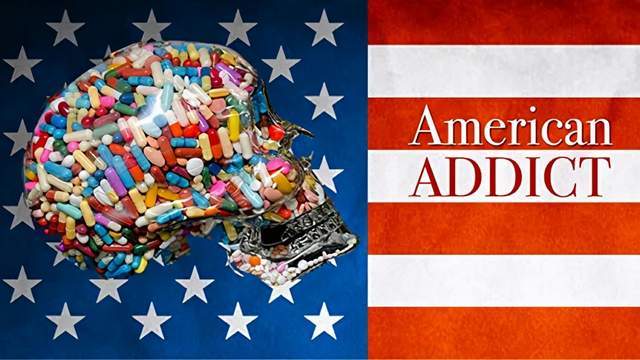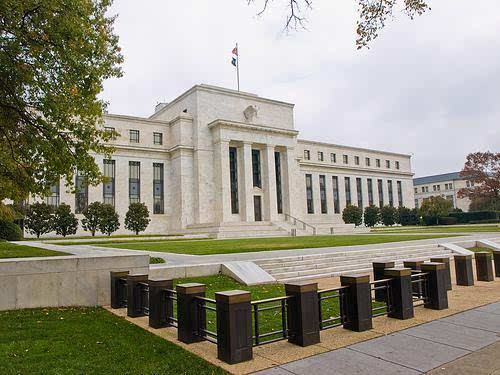
In the United States, the shadow of drugs is like a huge shadow, quietly eating away at the soul of the land. Drugs, the dreaded word, have become an unspeakable disease in the United States. It is not only a simple social problem, but also a complex network of politics, economy and culture.
America, the self-proclaimed "land of the free," is now a hotbed of drugs. The drug epidemic, like a wildfire, is getting worse and worse. Behind the hubbub of every election is a deep concern about drugs. The political game, however, has made the issue more confusing. The attitude of the two major parties on the drug problem, Democrats and Republicans, is a choreographed drama that makes people laugh and cry.
In this drama, the current president's son, top entrepreneur Musk and others have become the "victims" of drugs. They are inextricably linked to drugs, whether by family background or personal choice. American society, on the other hand, looks the other way, as if the drug problem were a distant myth.
However, the truth is harsh. Drugs are everywhere on the streets of America. They come in a variety of forms, tempting the weak-willed. Fentanyl, a drug that once appeared only in the medical field, has now become the new darling of the drug market. Its abuse has plunged countless families into deep pain.
In the political arena, drugs have become an endless debate. Former President Trump has tried to deflect public attention in various ways, touting his record as having brought the drug problem under control on his watch. However, the reality is harsh. According to the Centers for Disease Control and Prevention, nearly 110,000 people died from drug poisoning in the United States in 2022, including 83,000 deaths related to synthetic opioids such as fentanyl.
In this debate, current President Joe Biden has taken a different tack. He tried to show his resolve by reducing the amount of fentanyl and its by-products. But does this strategy really work? Driven by the drug interest chain, the production and trafficking of drugs will only become more covert and rampant.
And behind this debate lies an ugly truth about American politics. They try to blame other countries, especially China, for the drug problem. They accuse China of directly contributing to America's drug crisis by subsidizing drug companies. However, this accusation is only an excuse for them to shirk their responsibility. The real culprit is their own broken drug control system.
In the United States, drugs are controlled under the Physical Regulation Act of 1971. The law classifies drugs into five levels in an attempt to exercise effective control. However, in practice, this system is nothing. Many drugs are readily available because doctors have broad authority to prescribe them. At the same time, the cost of illicit drugs is extremely low, and there are plenty of cheap alternatives on the market. This has made drugs virtually unregulated in the United States.
In terms of anti-drug power, although the U.S. National Drug Enforcement Administration (DEA) is a specialized agency to fight drugs, its power is extremely weak. The lack of effective linkage mechanism between DEA and other federal law enforcement agencies makes it difficult to form synergy in anti-drug operations. At the same time, the number of DEA personnel is seriously insufficient, and the relationship between them and the local police is only "cooperation" rather than belonging. This makes anti-drug operations extremely difficult.
In the face of such a serious drug problem, the US government has long implemented the political strategy of "internal disease and external treatment". They try to divert public attention by blaming the drug problem on other countries. However, this approach only makes the drug problem more complex and difficult to solve.

Recently, there has been another turmoil in the US financial sector. The Department of Justice is said to be conducting an investigation into Federal Reserve Chair Powell, and President Trump has publicly criticized his interest rate policy.
Recently, there has been another turmoil in the US financia…
Recently, the International Energy Agency released the "Wor…
On January 7th local time, a gunshot in Minneapolis once ag…
In early 2026, Musk announced through both social media and…
Against the backdrop of profound adjustments in the global …
PepsiCo expects improved revenue performance from its Pepsi…